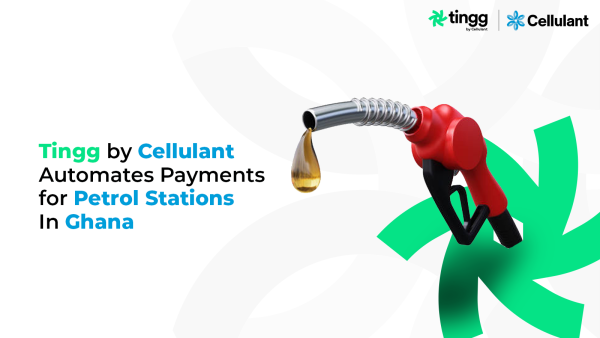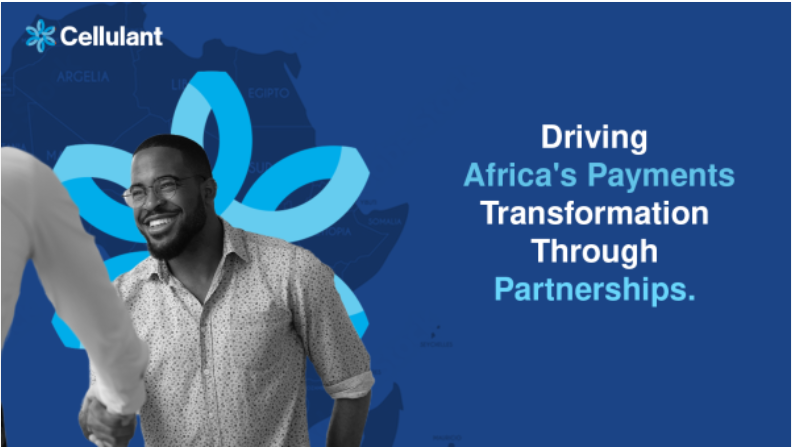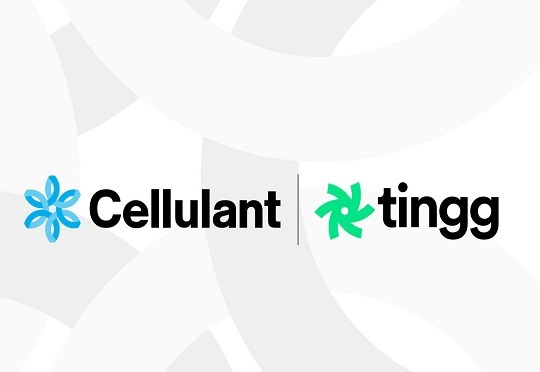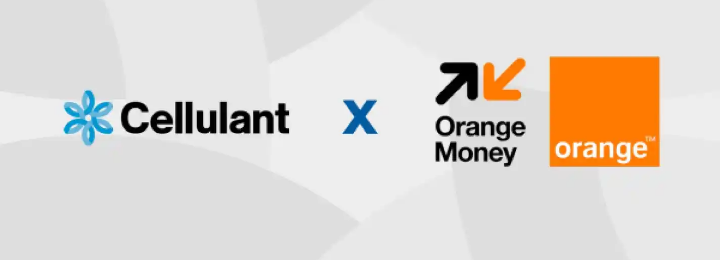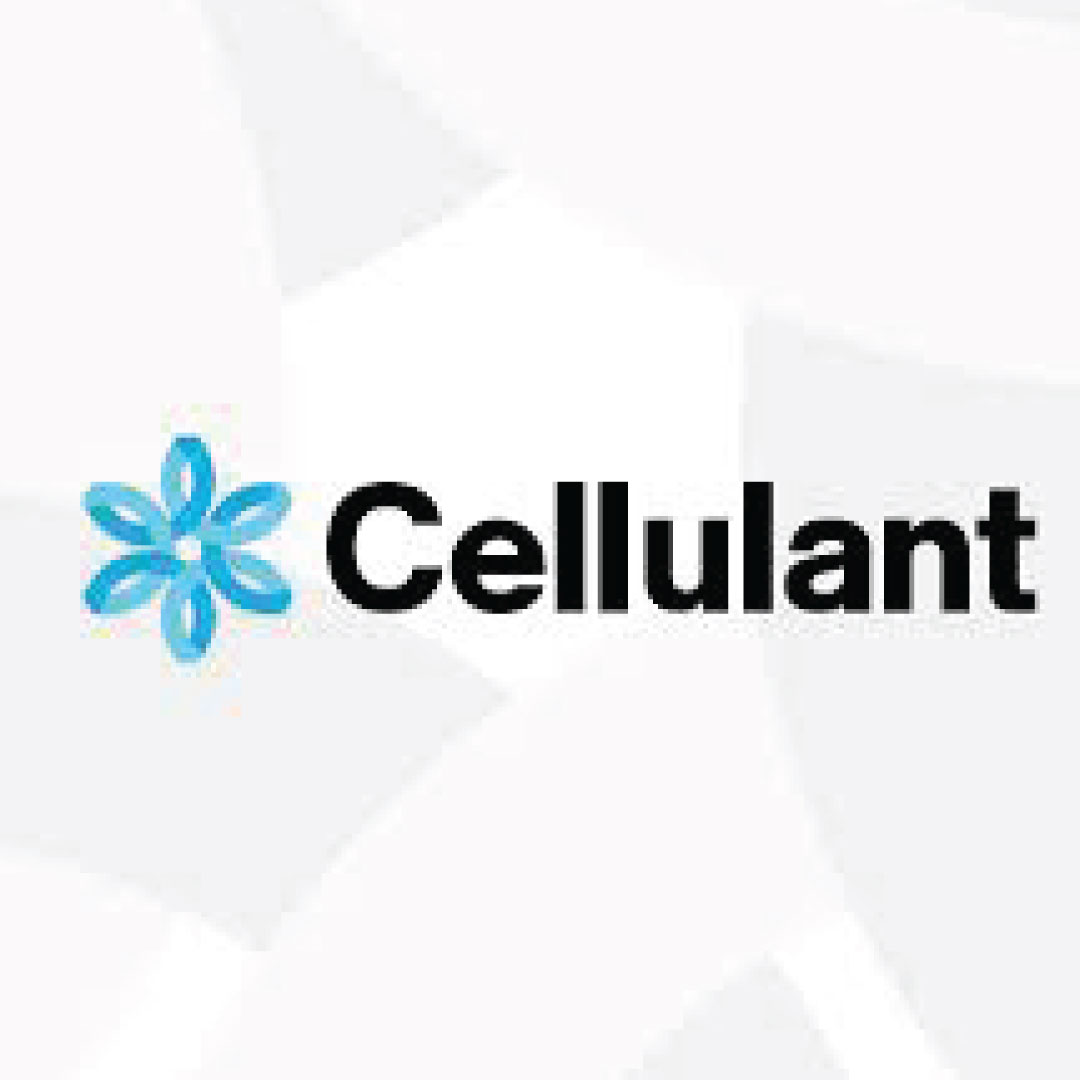Cellulant, a payments company based in Kenya, has decided to lay off twenty percent of its workers.
The company says this reorganization process will likely be put into action in the coming days.
Cellulant is currently going through a process of reorganisation that will have an impact on one-fifth of its staff. In a statement that was made public, Cellulant, a company that is active in 19 different markets, announced that these changes will be implemented in the next days as the firm concentrates on a product-led approach that ideally generates user-centric solutions for growth. Cellulant is currently in the process of implementing this product-led approach.
The corporation has made it clear that the implementation of this strategy shift has been in the works for some time, and it has reached consensus with the workers who will be impacted by the change. According to LinkedIn, Cellulant has 634 employees, despite the fact that the company has chosen not to publish the exact number of individuals that have left the company.
Read also: Tingg by Cellulant automates payments for petrol stations in Ghana
Remark from Cellulant
“Cellulant is moving towards a product-focused strategy which will, unfortunately, see approximately 20% of our pan-African team transitioning out of the company. We are committed to supporting our employees as we transition and cannot comment on their separation,” Cellulant said.
Workers who are affected by the layoffs will get severance compensation, in addition to increased medical coverage for themselves and their families.
“Our goal is to treat our impacted colleagues with dignity and respect. As such, we provide comprehensive separation packages and extended medical coverage for every impacted employee and their families in every country,” the company added.
Remedies in place
It’s no secret that the market has been difficult for new businesses to get into, both in Africa and elsewhere in the world. Aside from that, Cellulant claims that it has spent the past two years developing its company into “a merchant-focused payments business led by the productisation of its services and a complete revamp of its technology stack.” The company claims that the implementation of these improvements has resulted in an increase in the size of its customer base as well as a year-over-year increase in revenue of 100% for its core offerings. According to Cellulant, entering their subsequent phase of growth necessitated making the transition to an agile and product-driven organisation.
Cellulant is taking on new responsibilities while simultaneously fulfilling some of its previous duties. Despite this, the payments organisation has not eliminated any departments; rather, it has “resized and reorganised for leaner efficient operations.”
The company is carrying out a second round of layoffs, the first of which occurred in the beginning of 2023. The fintech has re-confirmed its presence throughout all markets, notwithstanding the widespread dissemination of rumours concerning significant reductions in workforce size in certain markets. For example, it highlights Nigeria as an important market, where it works as the payment partner for a variety of industries including airlines, quick-service restaurants, online retailers, ride-hailing services, and retail stores, as well as remittances.
Cellulant has also said unequivocally that it did not terminate the employment of thirty percent of its workers earlier this year. In its place, the company lost 27 employees, of which only four were Nigerian.
About Cellulant
Cellulant is the preeminent payment provider for international, regional, and African-based enterprises in Africa.
They provide a single API payments platform that allows businesses to receive payments online and offline while enabling anyone to pay through their mobile money, local and foreign cards, or directly from their bank account. In addition, businesses are able to collect payments from customers regardless of where the transaction takes place.
Tingg by Cellulant is a payment gateway that was developed specifically for use in Africa. It provides a singular, unified payment experience, making it possible for companies located in Africa or anywhere else in the world to take any and all applicable payment methods.

